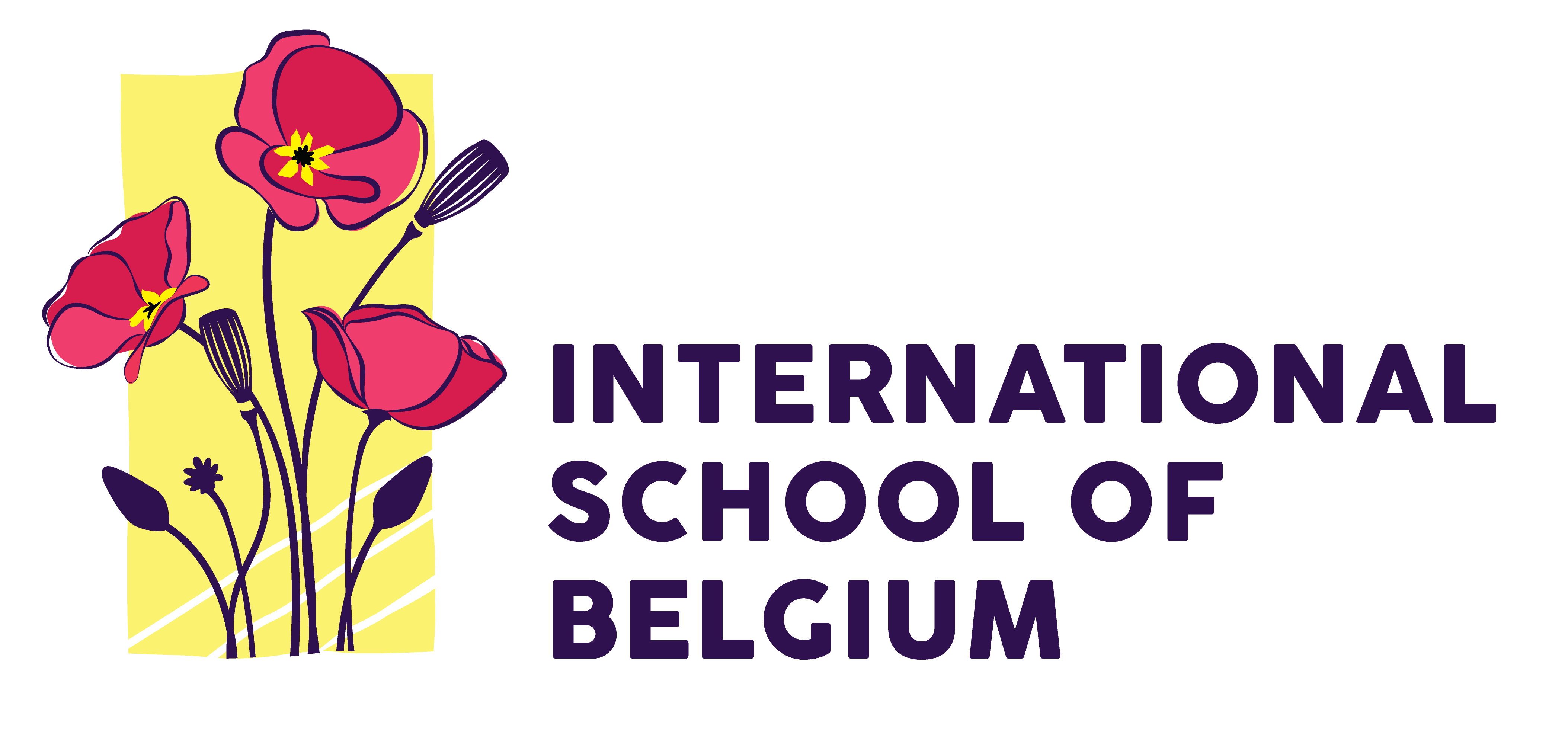What is Special Education?
Special education is personalised instruction that meets the unique needs of students who are having difficulty making progress due to a learning difference or a physical disability. Learning differences may include difficulties with: mathematical reasoning, reading & writing, memory, social skills, emotional regulation, hyperactivity, or a combination of these.
At ISBe, a teacher or parent may refer a student for special educational support if efforts made to support the student at home or in the classroom have limited success. The Student Support Team meets regularly with special education students, teachers, and parents to discuss strategies for support at home and school. Some school support strategies include: individual support during classroom instruction, meeting with students one-to-one or in small groups for direct instruction in the support room, the creation of an Individual Education Plan (IEP) that outlines the most effective support strategies and an action plan for success.
It is sometimes necessary to have a more thorough understanding of a student’s challenges. In these situations, the Student Support Team recommends educational testing. The results of such testing offer valuable insight about a student’s unique learning style and can guide teachers in creating the best educational plan.



